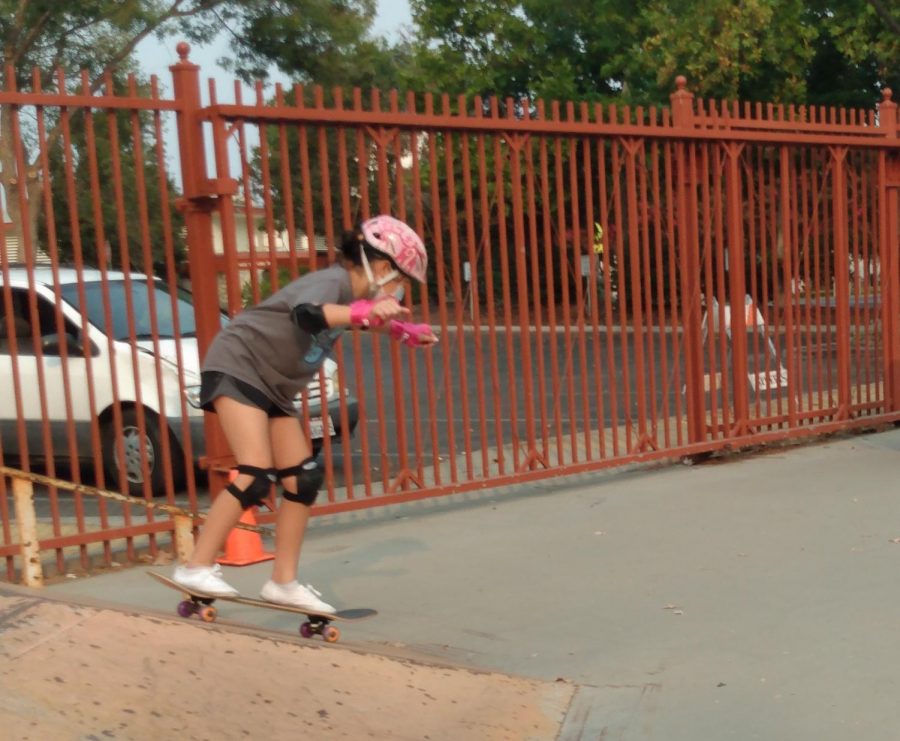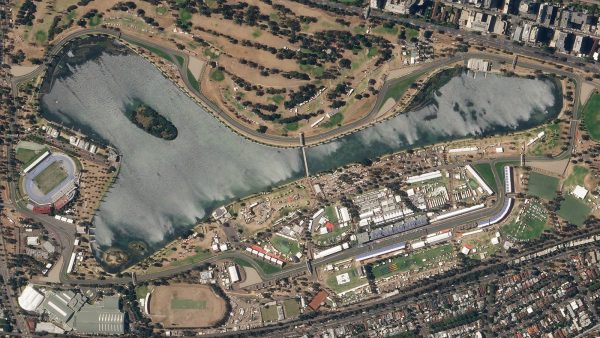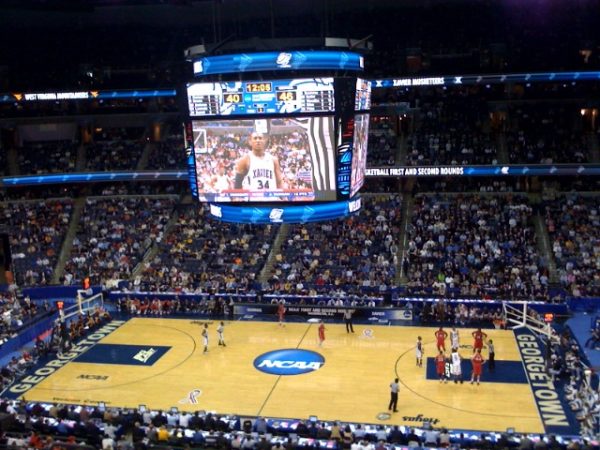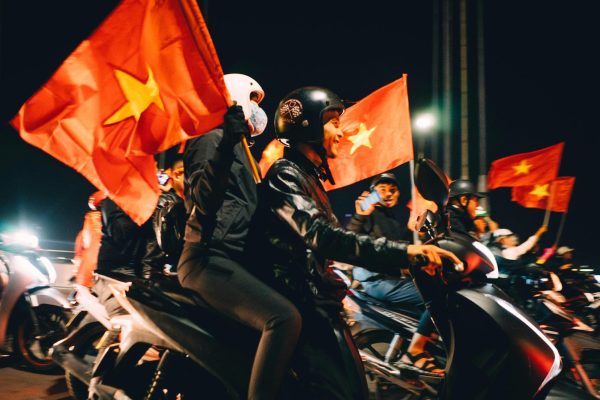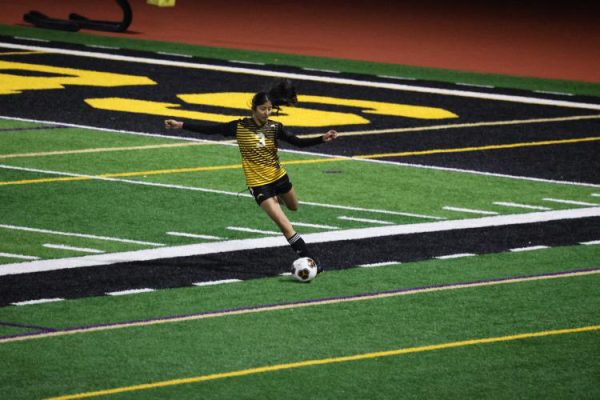Just Roll With It: Skaters Under 20 Winning Gold at the 2020 Olympics
“I didn’t think I was going to be able to win, halfway through. But the other skaters were encouraging me so I felt like I could go on,” said 13-year-old Olympic skater Nishiya Momiji after winning gold in the Women’s Street Final for skateboarding. Momiji was among the youngest competitors of the 2020 Tokyo Olympics and not the only one to win a medal: 13-year-old Rayssa Leal winning silver in the Women’s Street Final whilst 12-year-old Kokona Hiraki won silver in the Women’s Park Final and 18-year-old Keegan Palmer won gold in the Men’s Park Final.
Despite what one may believe, older competitors aren’t angry about youthful domination. In fact, they are very supportive of their younger competition. American skateboarder Heimana Reynolds told Time Magazine, “Skateboarding doesn’t discriminate where you’re from, [or who you are]. I mean, a lot of these people barely speak English, and they’re [some] of my best friends,” — a true showcase of the friendly and spirited atmosphere of skating.
In spite of such support, the addition of skateboarding to the Olympics has had mixed reactions. When Olympics organizers suggested that skateboarding be added to the lineup, thousands of people signed a petition opposing the idea of the addition. Once skating was added, many skaters were furious, saying that skateboarding is not a sport but instead a lifestyle or a mindset. Others see skateboarding as a sign of rebellion, and it is frowned upon in many public spaces.
People don’t like how skating went from “underground” to “mainstream.” Former professional skateboarder and snowboarder John Cardiel told Thrasher Magazine, “To me, skateboarding is all about individuality and originality. It has nothing to do with highest, furthest, longest. Skating being an Olympic sport contradicts everything that I believe skateboarding to be.”
Others are grateful for the Olympic representation though, like women and members of the LGBTQ+ community. Nora Vasconcellos told Thrasher Magazine, “I don’t care because skateboarding will always be skateboarding to me. If anything, it’s good because as women skaters we now have more contests to go to and travel opportunities.”
Another positive is that it introduces more people to skateboarding and may change its reputation. Tony Hawk told Hypebeast Magazine, “I think it’s long overdue, but I think it’s going to be really great [for skating]. I’m excited for the home audience to truly understand what it takes to be a professional skateboarder because I think that there’s a lot of misconceptions about skating, that it’s for slackers or that they see people at skate parks and they’re trying and failing endlessly. And when you see what the fruit of that labor really is, and when you see it highlighted in a venue with that reach, I think that’s going to change a lot of perception.”
The inclusion of skateboarding and other alternative sports to the Olympics was to hopefully draw in younger audiences, and the fact that many young people who participated in the 2020 Olympics won medals has further contributed to that goal, as well as the growing interest in urban sports.
When asked what he thought about this development, Bay Area skater Jonny Baker said, “Well, I feel like it could do a lot more for the skating community like fund more [local] skate parks [and contests]. There are a lot more people [interested] in skateboarding from watching the Olympics, seeing these kids under 18 winning and looking up to [them]. But I have also seen that some of these more [older] skaters don’t like skateboarding in the Olympics because they feel like skateboarding as an activity is selling out to the world [and] it’s trying to be a sport.”

